
Natural Gifting: Clay Soaps
Juliette van der MeerHandmade soaps are a favourite gift to give and are always useful. Now is the perfect time to whip up a batch of cold processed soap before the Christmas and holiday season, as there is plenty of time to let your soaps cure. But don't delay too long - soaps need at least 6 weeks curing time for best results, and the longer the better. So let's get soaping!
Starting off in Soap Making
If you are new to soap making it can seem like a rather daunting project to tackle, but once you get the hang of it, it is remarkably easy and fun. Please have a look at Soap Making 101 and Soap Making Part 2 for how-to and tips.
What benefits are there to adding Clay to Soap?
We love soaping with clay as it creates beautiful, gentle bars that produce creamy lather and a soft cleansing action. The addition of clay seems to instantly make soap, which is actually quite a harsh alkaline, much gentler and creamier, which is ideal for sensitive skins.
Typically, kaolin clay is most often used in soap making as it is gentle, fine, comes in neutral shades, and blends in well without leaving a grainy texture. But you can also use bentonite clay, or even rhassoul clay. Bear in mind that rhassoul clay has a reddish-brown colour and is grainy so your soap may turn out to be more of an exfoliating bar.
Clay is usually added at a ratio of 1 teaspoon per 500g oils, but you can go up to 10 times that and end up with a super creamy, lovely bar. When adding larger amounts of clay, it is better to get the oils and lye mixtures down to room temperature to prevent the batter from getting too thick too fast. So play around with clay ratios and have fun with your soap!
The recipe below is calculated to 5% superfat and we will soap at room temperature to prevent thickening up too fast. It makes a lovely bar rich in good-for-the-skin oils plus some kaolin clay for cleansing and creamy bubbly action.
Orange & Clay Soap
Ingredients:
- 250g olive oil
- 100g coconut oil
- 100g shea butter or cocoa butter
- 25g castor oil
- 25g flax, argan, pomegranate or other nice moisturising oil for a deluxe touch
- 125g water
- 69g lye/ sodium hydroxide
- 15g white kaolin clay (feel free to use more)
- 15g orange essential oil or essential oils of choice
- Any micas or natural colourants
Method:
- Melt the oils together in your soaping pot (not to be used for cooking again).
- Let them cool to room temperature.
- Outside or in a well ventilated area and wearing protective gear, measure out the lye and water and add the lye to the water (never the other way around), stirring gently.
- Let that cool to room temperature.
- Blend the white kaolin clay into the melted oils.
- Once that mixture is smooth, pour in the lye water and bring the batter to a thin trace by blending with a stick/immersion blender.
- Blend in the essential oil.
- If you are making multi-coloured soap, divide the batter into two to three parts and add in your micas or colourants.
- Pour into a mold(s) and swirl around with a utensil to create patterns.
- Leave in the molds to set for 72 hours before cutting, then slice up and remove from mold.
- Leave to dry out and saponify for 6-8 weeks - perfect timing for Christmas gifts!





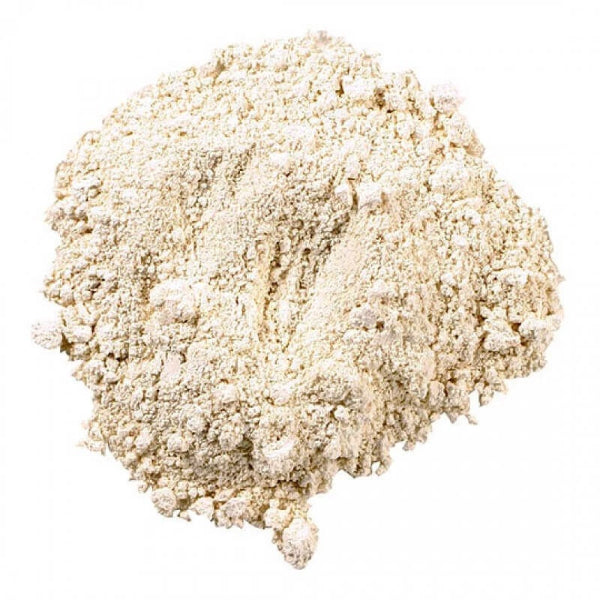



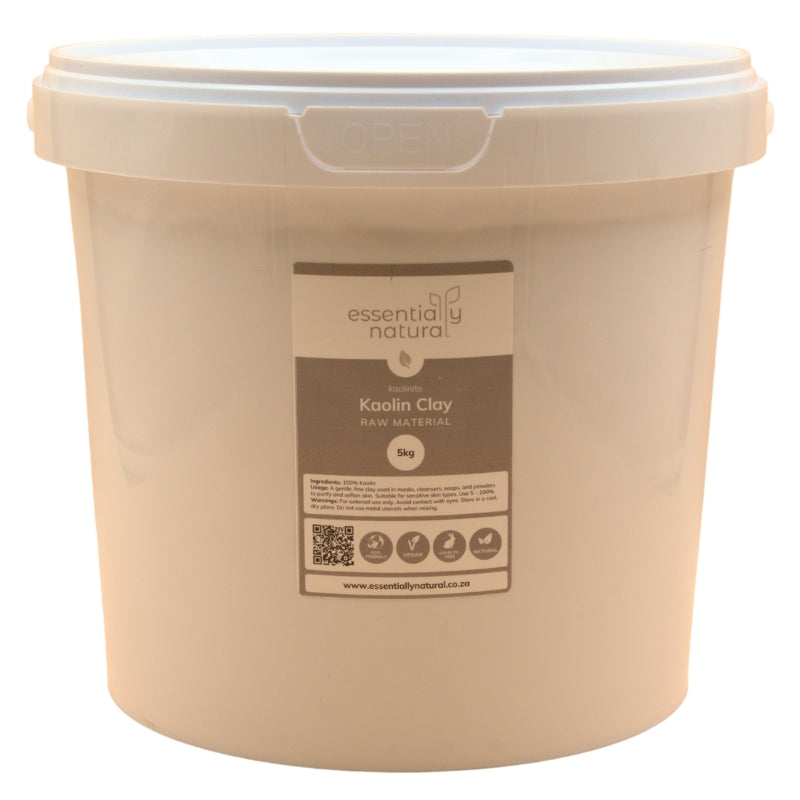









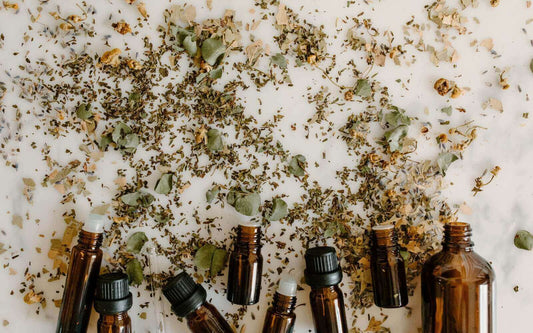
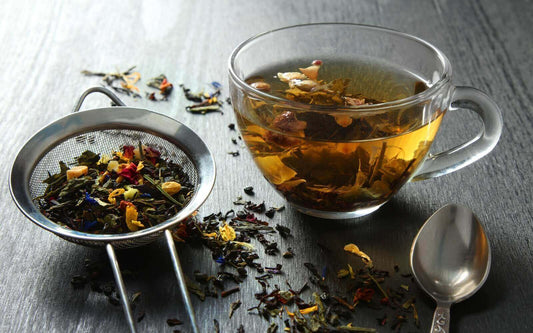
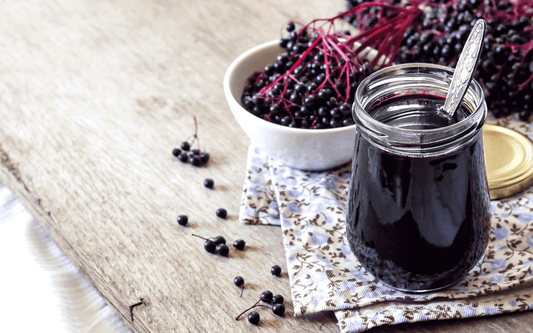





4 comments
Hi there Lézill,
Aww, thank you for your beautiful message – what a joy to read! We so appreciate your kind words and the trust you’ve placed in Juliette’s inspiration.
While we don’t offer apprenticeships or one-on-one teaching, we’d love to support your journey. We have a wide range of blogs, guides and recipes on making your own natural creams, serums, scrubs, body products and more. They’re a wonderful way to start experimenting and learning at your own pace.
Also, do consider looking into trusted formulation educators like:
- The Institute of Personal Care Science
- Formula Botanica
Wishing you all the best as you dive into the world of natural formulations – it’s such a rewarding journey, and we’re always here to help where we can.
Warm regards,
Essentially Natural Support
Dear Juliette,
You are like a breath of fresh air and a wonderful inspiration on all things naturally….
I am totally hooked on becoming one of your students on learning exactely how to create all my natural creams and remedies!
Already using Caster oil & Frankinsence on my face!
Please let me know how I can start mixing my own lovely creams to replace my face creams, serums, body creams & scrubs, hair masks etc. as well as heath remedies…..will you please teach me how?
Kind regards,
Lézill Erasmus
084 400 5283
Thanks for this awesome post.
Im also keen in knowing how to make imphepho soap.
We are farming Moringa Oleifera and the seeds also contains a wonderful oil.
I would love a recipe to make a soap that I can use for shaving please.